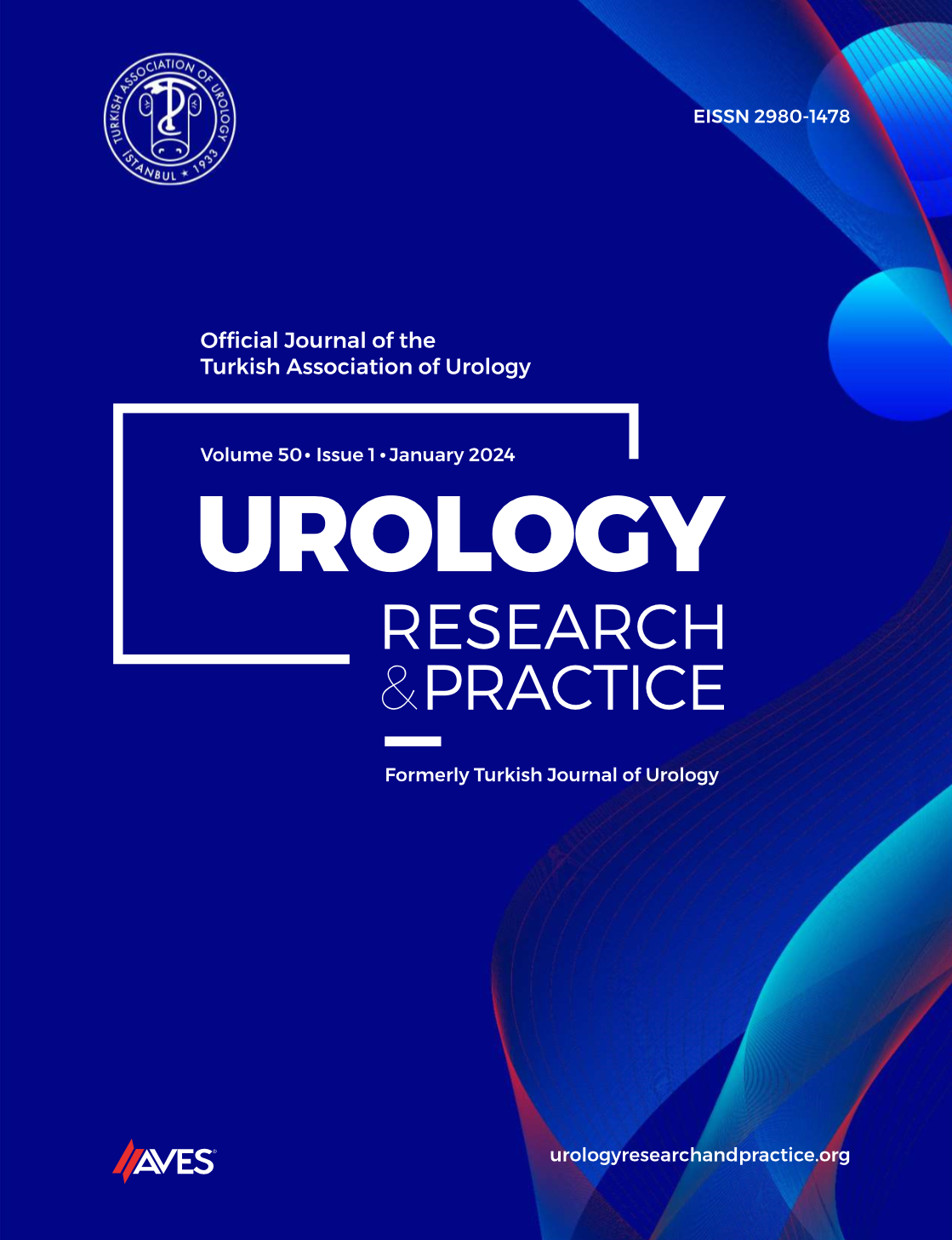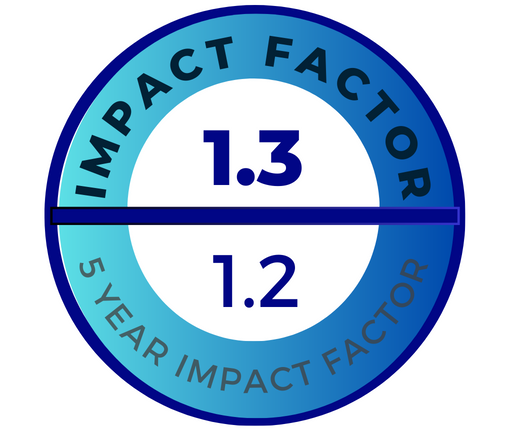Abstract
Objectives: Prostate cancer is the most common cancer and the second leading cause of death due to cancer in men. Increasing attention is turned to molecular markers as a probable means of obtaining information about the prognostic factors in prostate cancer and its biological aggressive potential. In the present study, we assembled a series of 34 radical prostatectomy and paliative TUR specimens retrospectively. We evaluated several molecular markers, p53, Ki-67 and Bcl-2, which are known to be involved in the proliferation and cell cycle regulation, immunohistochemically. Mutations of tumor suppressor gene p53 have been found in variety of cancers, including urological neoplasms. Recently, some groups have found that focal p53 expression in the primary tumor by immunohistochemistry is predictive of cancer recurrence after radical prostatectomy. Bcl-2 is an oncogene critically involved in the apoptosis, or programmed cell death. Overexpression of bcl-2 protein by immunohistochemistry has been commonly detected in advanced hormone refractory prostate cancer. A group has shown that bcl-2 protein expression in primary prostate carcinoma is a predictor of cancer recurrence after radical prostatectomy.
Material and Methods: We evaluated the association between the histopathologic prognostic factors and p 53, Ki-67 and Bcl-2 immunoreactivity statistically. Values were correlated with histopathologic parameters (Gleason tumor score, tumor amount, capsule invasion, involvement of surgical margins, seminal vesicles or lymph nodes) and with recurrence -free survival (5 year median follow-up).
Results: Our study indicates that the following results are statistically significant: a) The association of Gleason tumor score correlated with the tumor stages, b) The association of tumor recurrence correlated with tumor volume, c) The association of tumor stage correlated with p53 and Ki-67 immunoreactivity, d) The association of p53 immunoreactivity concentration correlated with tumor infiltration of seminal vesicle.
Conclusion: p53 and Ki-67 immunoreactivity and high Gleason tumor score were found to be associated with poor prognosis in prostatic aciner adenocarcinoma. Patients with high tumor volume should be followed for recurrence with short intervals. Bcl-2 immunoreactivity in prostate cancer was not associated with any of the prognostic parameter.

.png)


.png)